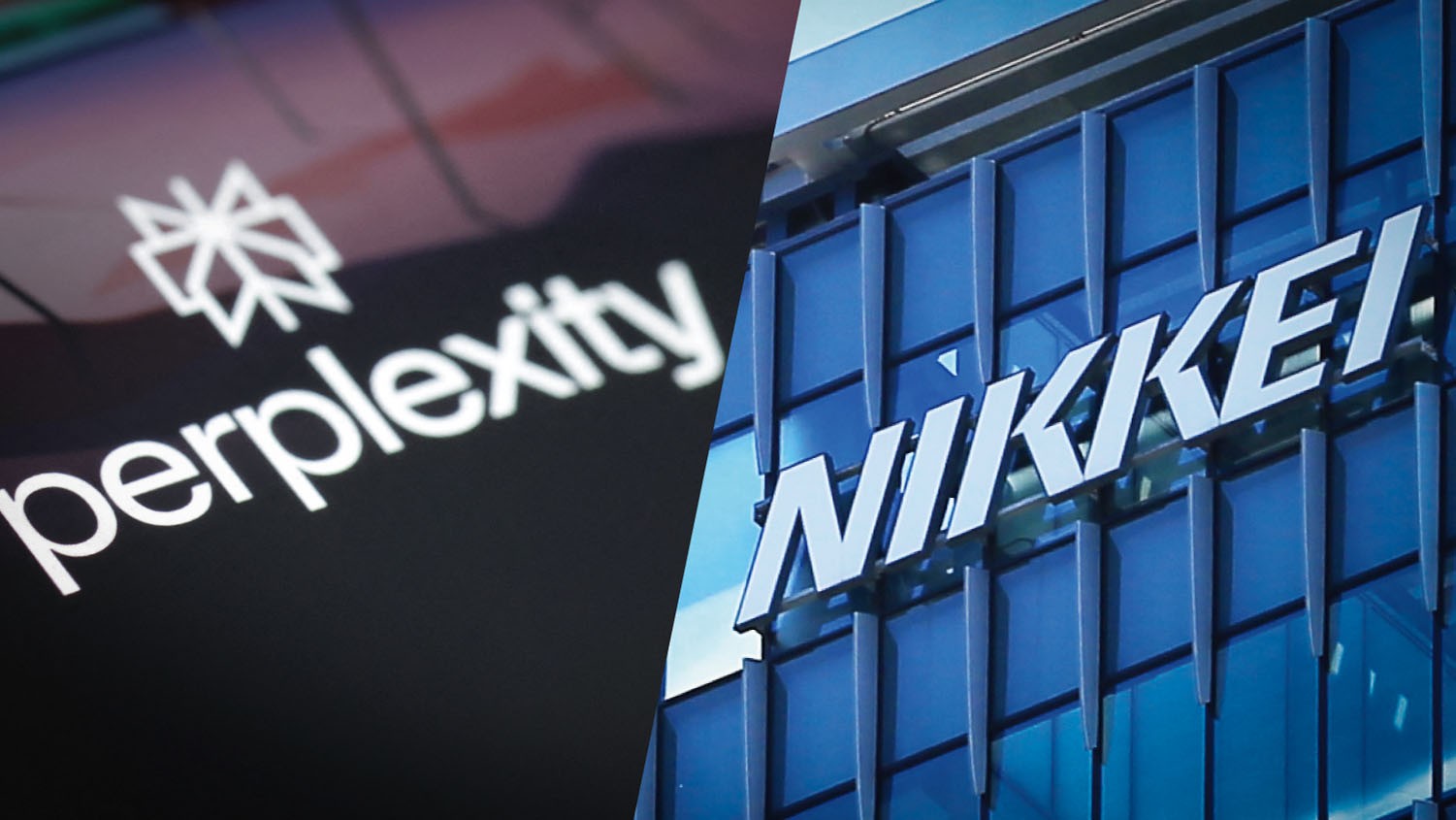
SpecialtyNetworkSllc – Two leading Japanese newspapers, Nikkei and Asahi Shimbun, have filed lawsuits against Perplexity AI. They accuse the AI company of copyright infringement, marking a significant clash between traditional journalism and emerging AI platforms. The case reflects a broader global debate: how should artificial intelligence use content created by human reporters?
Both Nikkei and Asahi claim that Perplexity AI used their articles without permission. The newspapers argue that the company repurposed their reporting to train its system and generate answers for users. This practice, they say, damages their business by reducing web traffic and undermining subscription models. For them, unlicensed use of original work threatens the financial foundation of professional journalism.
“Read More : Samsung Galaxy Z TriFold A Productivity Powerhouse Built for Multitasking”
Nikkei and Asahi represent the backbone of Japanese media. Nikkei is famous for its financial reporting, while Asahi is known for in-depth coverage and cultural analysis. By taking Perplexity AI to court, both publishers are sending a clear message: journalism has value, and creators deserve respect and compensation.
Perplexity AI has quickly gained attention with its conversational search tools. Yet critics question how it sources and processes data. The company has not issued a full public statement on the lawsuits. However, the case places it under intense scrutiny and could set new rules for how AI systems interact with copyrighted material.
“Read More : Elon Musk’s X Sues Apple and OpenAI Over Alleged AI Monopoly”
This legal battle in Japan mirrors disputes worldwide. Authors and publishers in the U.S. and Europe have also filed cases against AI companies like OpenAI and Google. At the heart of each lawsuit lies the same question: should AI firms pay for the content that trains their models?
The ruling could change the future of both AI and journalism. If Nikkei and Asahi win, AI firms may need to license content or share profits with publishers. If Perplexity prevails, it could open the door for wider AI use of news without compensation. Either outcome will have global consequences for media and technology.